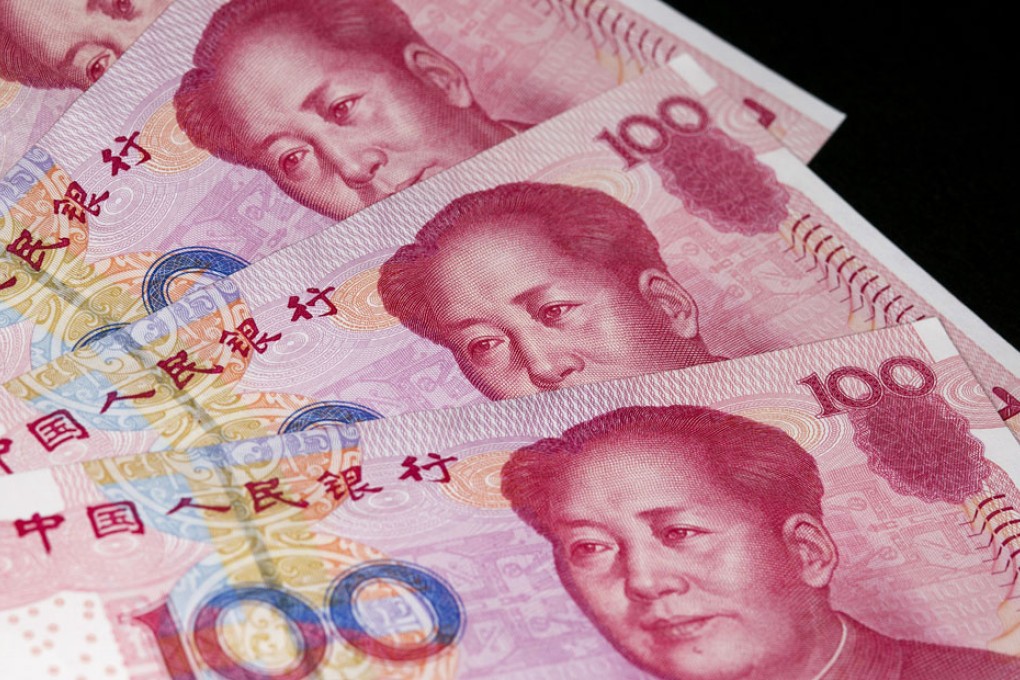Microcredit firm moves into online P2P lending
China Commercial Credit first among industry rivals to venture intosector

China Commercial Credit, the only mainland microcredit firm listed in the United States, will become the first such company to venture into peer-to-peer (P2P) lending as part of moves to expand beyond its base in Jiangsu province.

"Online lending is the direction of the future," said Qin Huichun, the chairman and founder of the microcredit firm. "We aim to match 300 million yuan (HK$383.5 million) of financing online this year, 800 million yuan next year and 1.5 billion yuan in 2016."
While the operations of microcredit companies are restricted to their province of registration, the P2P online business will help overcome this constraint.
Moreover, online lending is subject to an annualised 24 per cent interest rate cap, much higher than the up to 18 per cent offline lending rate allowed for microcredit firms as stipulated by Jiangsu regulators.
China Commercial Credit's P2P unit, to be known as Pride Lending Club, is joining a crowded market. About 800 or more P2P firms have sprung up since 2006, copying the business model of US industry pioneer the Lending Club. These firms have tapped a niche in supporting the small private firms that have become victims of an unbalanced financial ecosystem on the mainland favouring bigger borrowers.
But a flood of defaults arising from weak risk controls by owners of P2P platforms has brought the attention of financial regulators. Measures to tighten oversight of the industry are expected.